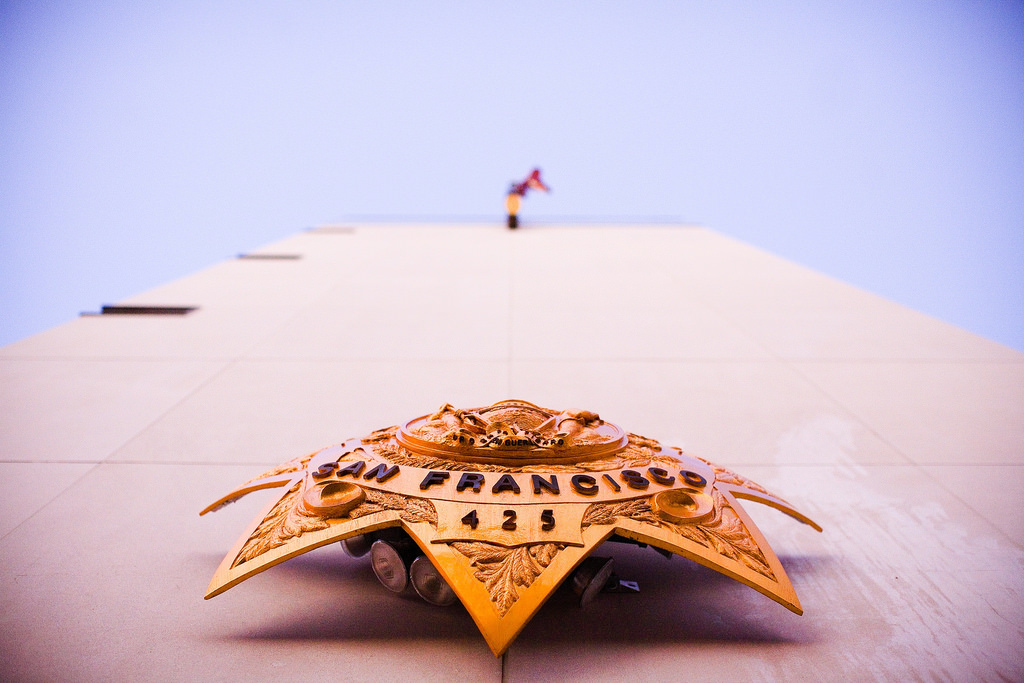If a new proposed municipal ordinance passes in the coming months, San Francisco could become the first city in America to outright ban the use of facial recognition technology by its police department or any other city agency.
According to a new bill unveiled Tuesday and first reported by the San Francisco Examiner and The Verge, the city would also impose a new pre-emptive "Surveillance Technology Policy" for city agencies that want to acquire any new gear that could impact privacy. Such a requirement would put San Francisco in line with its neighboring cities of Oakland and Berkeley.
"Our intent is to catch people’s attention and have a broader conversation as to where the moral precipice is for technology, after which you’ve gone too far," said Lee Hepner, a legislative aide to Supervisor Aaron Peskin, who proposed the bill. "This is a harm to our way of life, a harm to our democracy, and a harm to marginalized communities. There is a salient interest in facial recognition, too: it creeps people out."
The bill states unequivocally that the risks involved in using the technology "substantially outweigh... its purported benefits, and the technology will exacerbate racial injustice and threaten our ability to live free of continuous government monitoring."
But the legislative aide also said that the board of supervisors still does not have a full inventory of what surveillance technology both agencies have.
"We don’t know what they have, and we don’t know what they’ve tried to acquire," he told Ars.
Facial recognition historically has resulted in more false positives for African-Americans. As Ars has reported before: if the training data is heavily skewed toward white men, the resulting recognizer may be great at identifying other white men but useless at recognizing anyone outside that particular demographic.
Last May, the Congressional Black Caucus wrote to Amazon CEO Jeff Bezos expressing concern over the "profound negative consequences" of the use of such technology.
Nevertheless, law enforcement at airports in particular have recently expanded their use of the technology.
The SFPD would not give its opinion on the bill.
"The Department does not comment on proposed legislation," Sgt. Michael Andraychak, a police spokesman, told Ars."We do not have any real-time video cameras connected to the [facial recognition] system and do not plan to in the future."
However, Andraychak also explained that the SFPD did test "facial recognition software" from 2013 until 2017, when it was used on SFPD booking photos.
"Results were not used as a form of 'identification,' but merely as leads to further the investigation," he elaborated by email. "The testing was limited to members of the Forensic Services Division."
When Ars informed Hepner of the SFPD's previous testing, he said this was the first time his office had learned of it.


